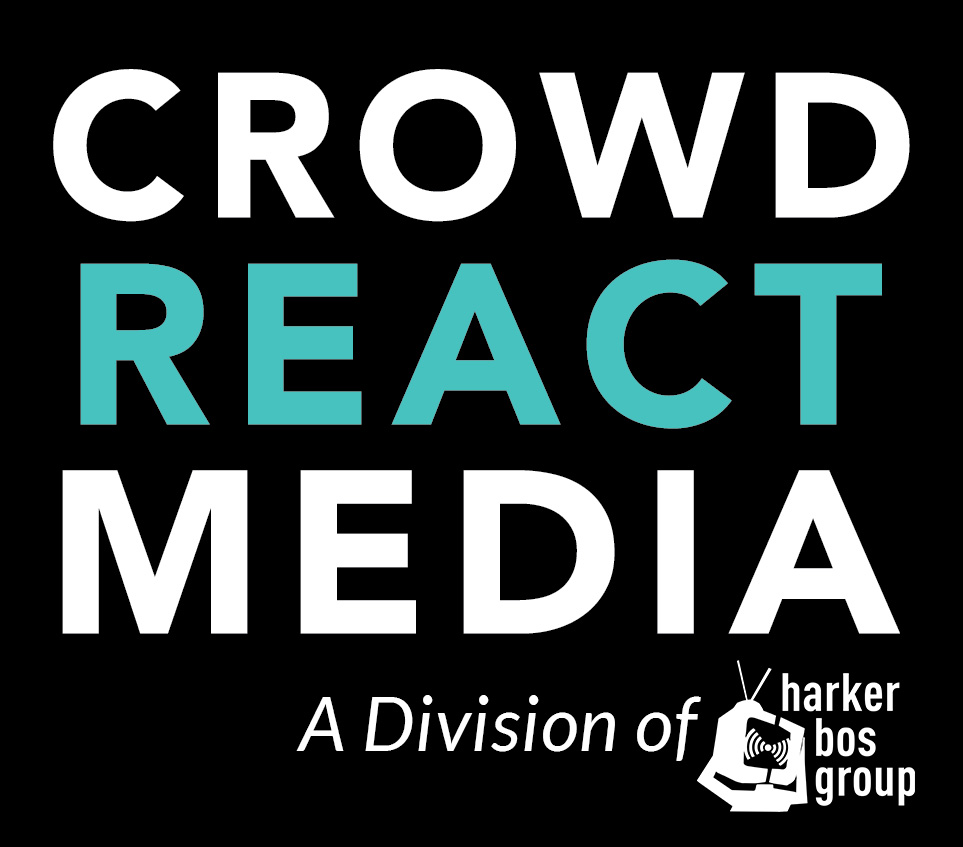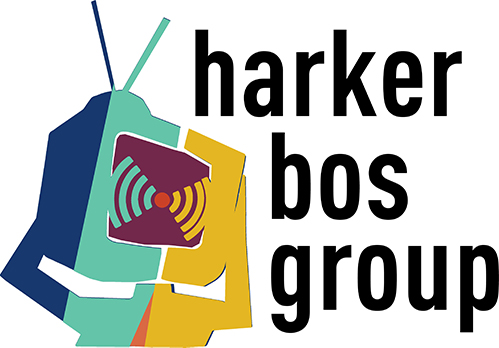Real People, Real Answers: The Problem with Synthetic Sample
I recently filled out a survey from an online sample provider, and let me tell you, some of the questions really threw me for a loop. They wanted to know about my interest in using “synthetic sample.” Now, I hadn’t heard of synthetic sample before, so I was curious. The survey defined it as “any artificially generated response that is not a human answer.”
Yeah, let that sink in for a minute. Sampling companies are now using AI and machine learning to simulate human responses. And not only that, they’re apparently comfortable enough with the concept to pitch it directly to paying clients. These are companies whose entire purpose is to connect you with real humans. They’re selling the idea of talking to actual people—but now, they’re mixing in AI-generated responses.
Here’s the kicker: If the industry starts relying on synthetic sample—essentially guesstimating responses based on what real people have answered in the past—then what’s the point? You lose the nuance, the depth, the genuine thought process behind those answers. It’s like getting a photocopy of a photocopy—each time, the realness gets more and more diluted.
If research could just be estimated based on what past surveys said, we’d do one study a decade and call it a day. But we all know that doesn’t work. Times change. People change. Preferences change. You can’t just base research on old answers and expect it to be relevant.
So, before you choose a research company, ask some important questions: Did they “boost” their sample sizes for niche groups by adding synthetic respondents? Are they padding out surveys with AI-generated responses after the fact? Are they turning incomplete surveys into “complete” ones by filling in the gaps with synthetic answers? Or worse, are they replacing human respondents entirely for certain projects?
At Harker Bos Group, we take pride in being 100% human. Our sample comes from real people who listen to your station or engage with your market. They tell us, in their own words, what they like, what they don’t, and what keeps them tuning in. We reject synthetic sample outright because we know the value of hearing directly from your audience.
Arm yourself with this knowledge. The world of research is changing, and it’s easier than ever to reach real people who want to share real answers. Don’t settle for anything less.


